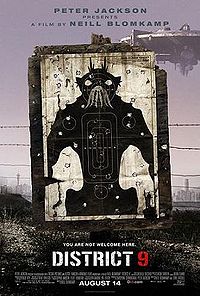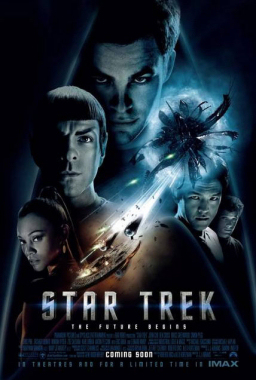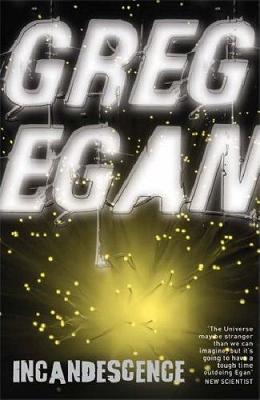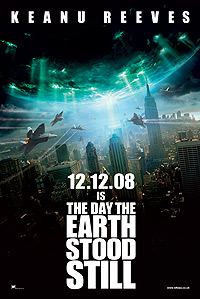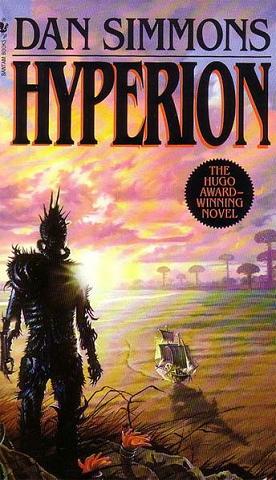A timely post on QT3 today reminded me that the venerable space shuttle is scheduled for retirement this year. The current mission by the Atlantis is its last one. The last mission for Discovery is in September later this year and the last mission for Endeavor will be in November. Huge crowds are expected at Cape Canaveral for these final two launches. After that, NASA will be relying on Russian spacecraft for its missions until the alternatives currently under development by private companies like SpaceX and Orbital Sciences come to fruition.
It’s sort of hard to believe that the space shuttle has been in service for close to 30 years now given that it’s such a icon of technology and humanity’s ambitions for space. Reading through its extensive Wikipedia page however, it’s sobering to realize how much of it is still based on 1970s technology. Its computers are probably less powerful than the cheapest netbooks you can buy today. Until 2007, the shuttles could not even be used in missions that started at the end of December and ended in January of the next year as the software couldn’t handle the transition to a new year.
Yet back in the 1980s, the space shuttle seemed like only a foretaste of greater things to come. I remember newspaper articles crowing about space habitats and colonies, complete with artists’ renditions of such wonders as torus-shaped stations large enough to create their own gravity and grow their own crops. It’s pretty humbling how far back we’ve scaled our ambitions since then. In an age when governments are busy dealing with economic recessions and unemployment, it seems that even keeping the International Space Station from falling out of the sky is an achievement.
Even my own views on space exploration have come a long way since I was a kid. Back then, I’d have happily voted for any big ticket space project, regardless of cost. Nowadays, I see that these projects yield relatively few benefits other than prestige and that actually useful scientific work can be better performed with unmanned spacecraft and at far lower cost. It’s clever stuff like the Mars Pathfinder that is the future of NASA while the development of manned spacecraft should depend on its ability to sustain itself financially through space tourism.
Of course, the space shuttle has more than earned its place in history even if it did cost too much and didn’t do as much real science as its boosters like to pretend. It’s so recognizable and has fueled so many dreams that it simply can’t be otherwise. I understand that one of the shuttles is to be given to the Smithsonian Air and Space Museum while the two others will be sold off to private collectors. It would be interesting to see in whose hands they end being.
